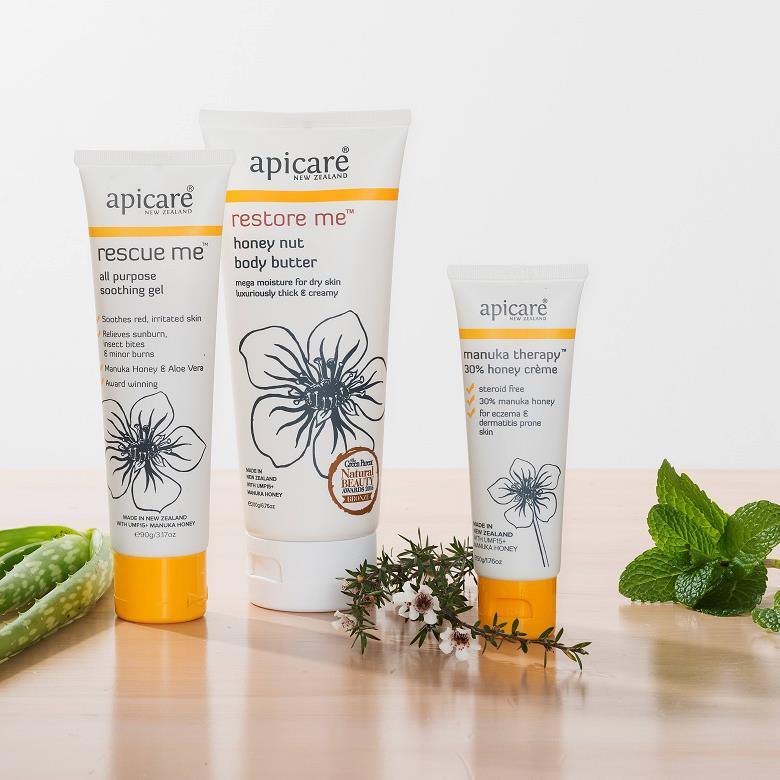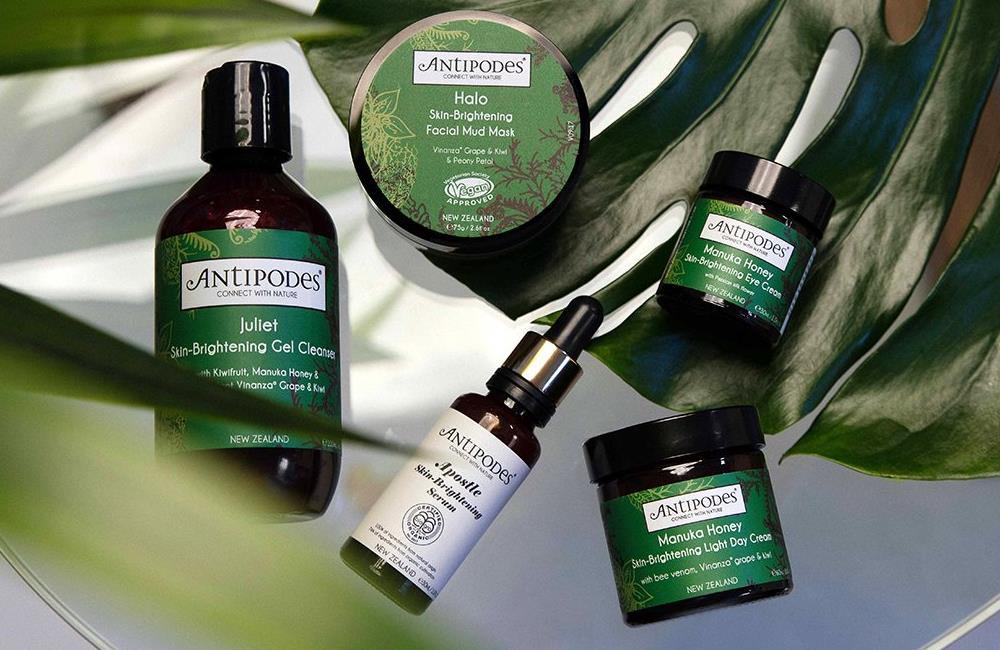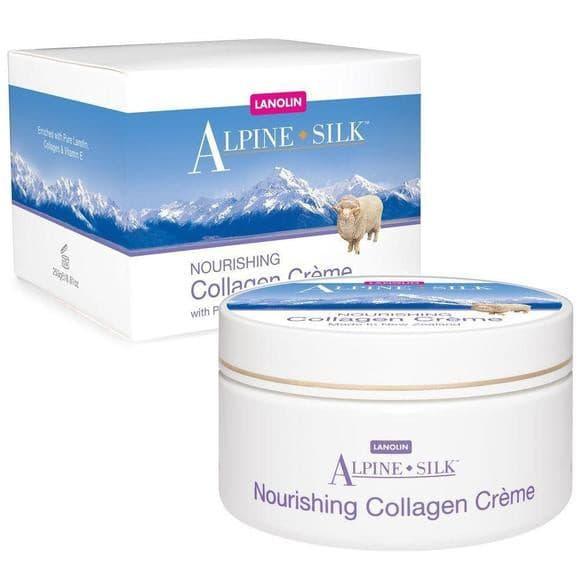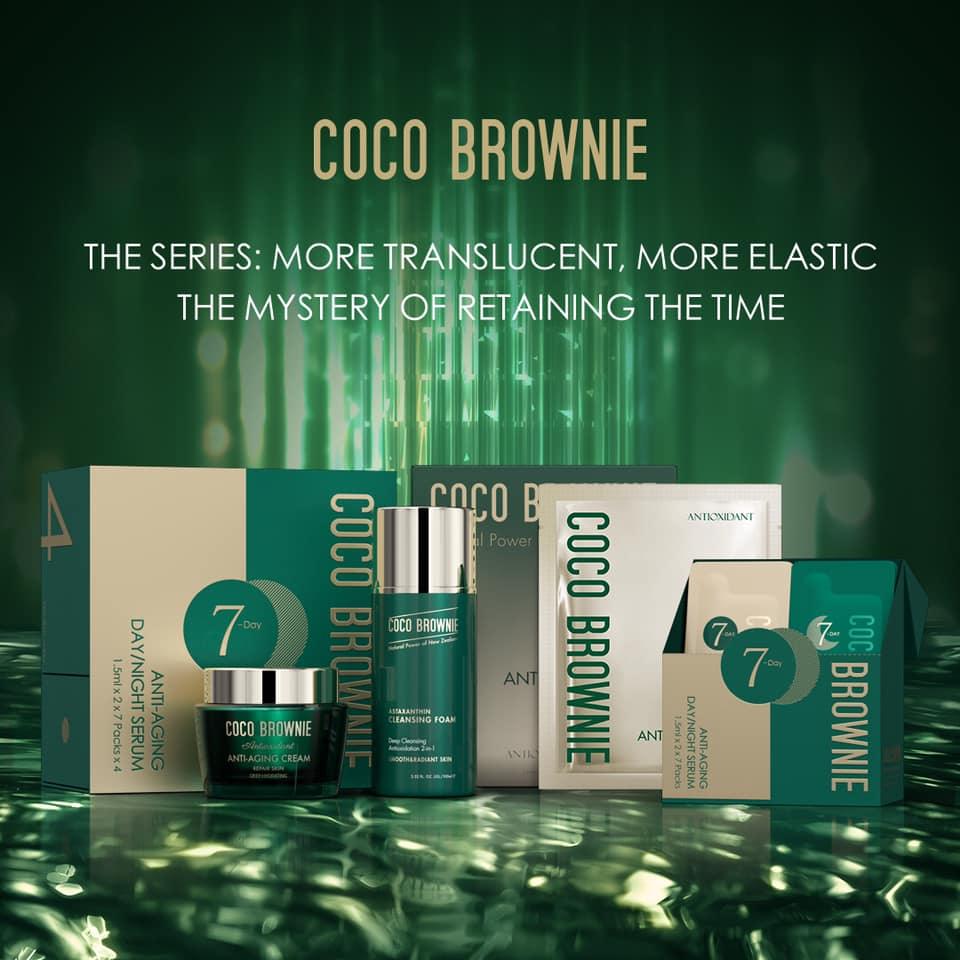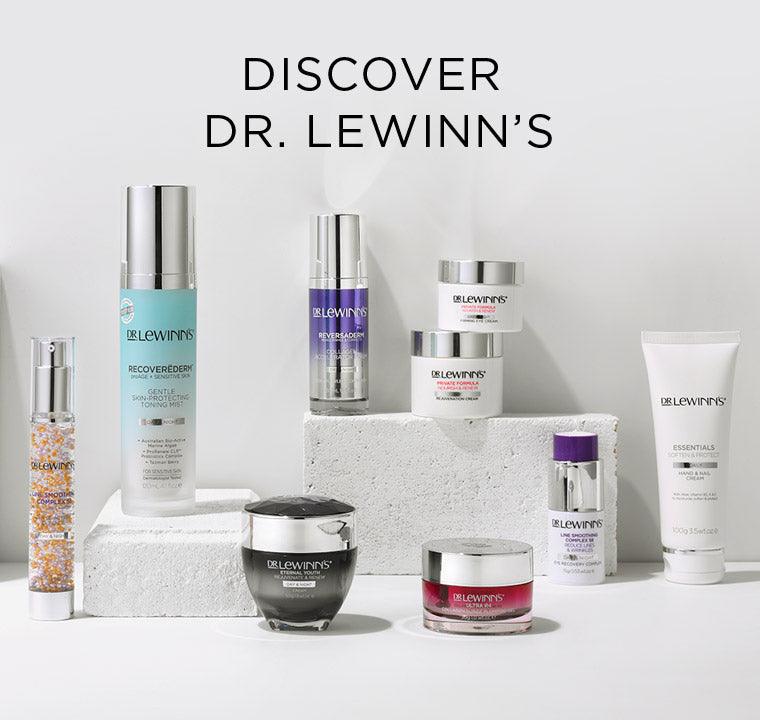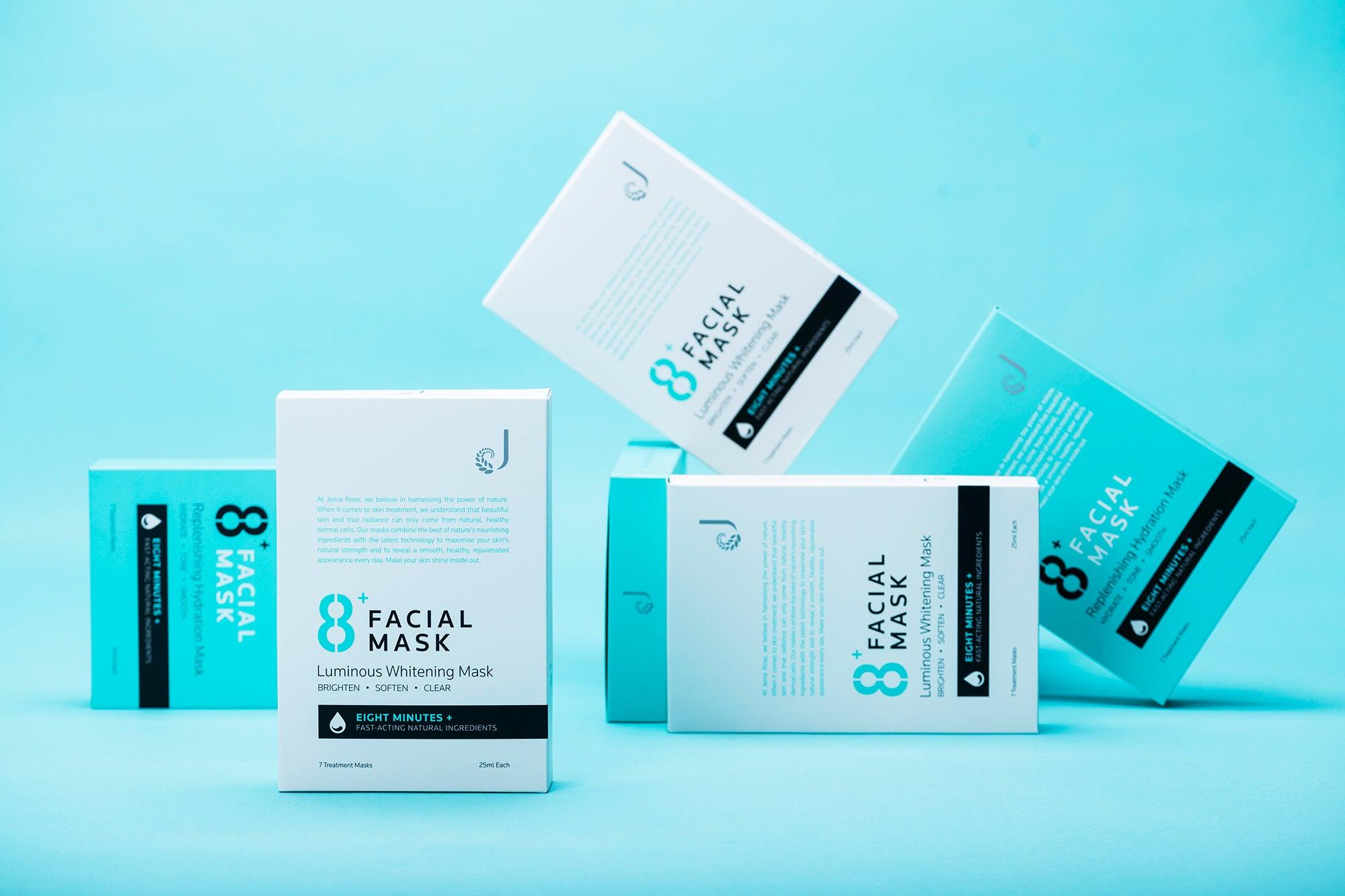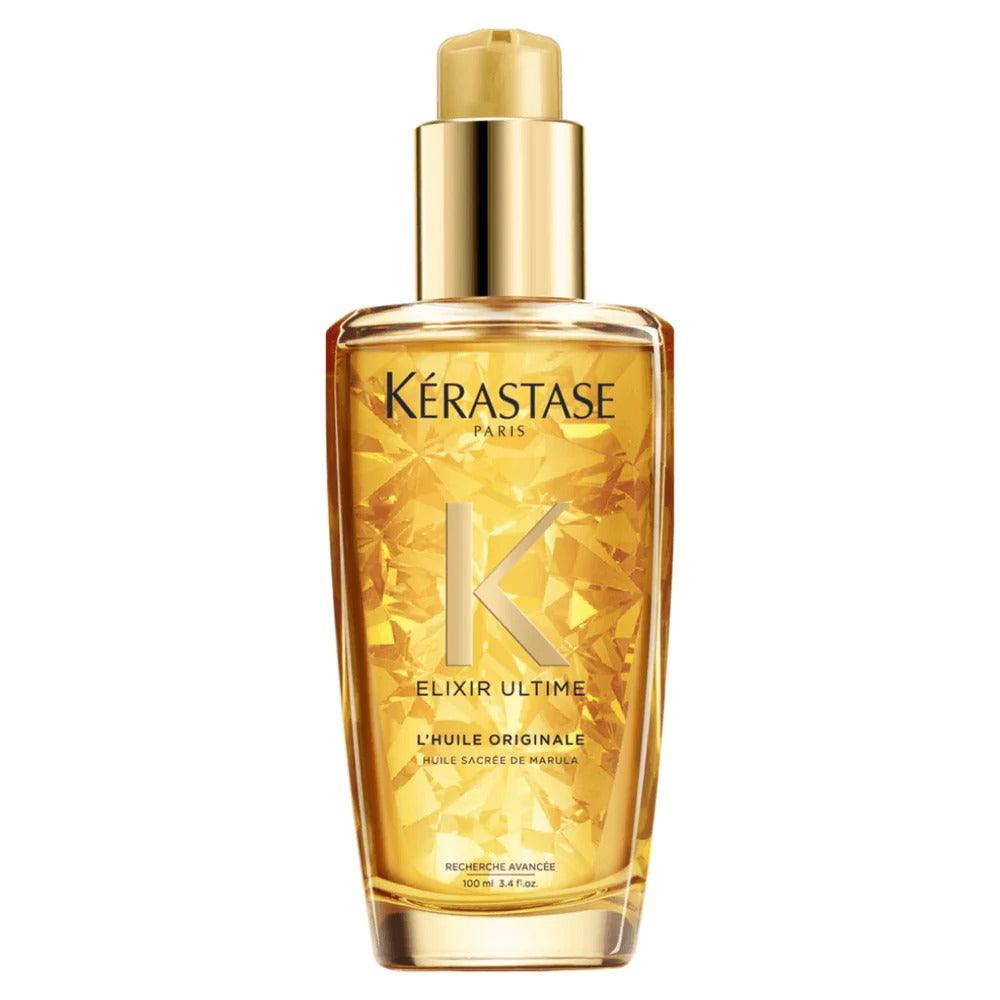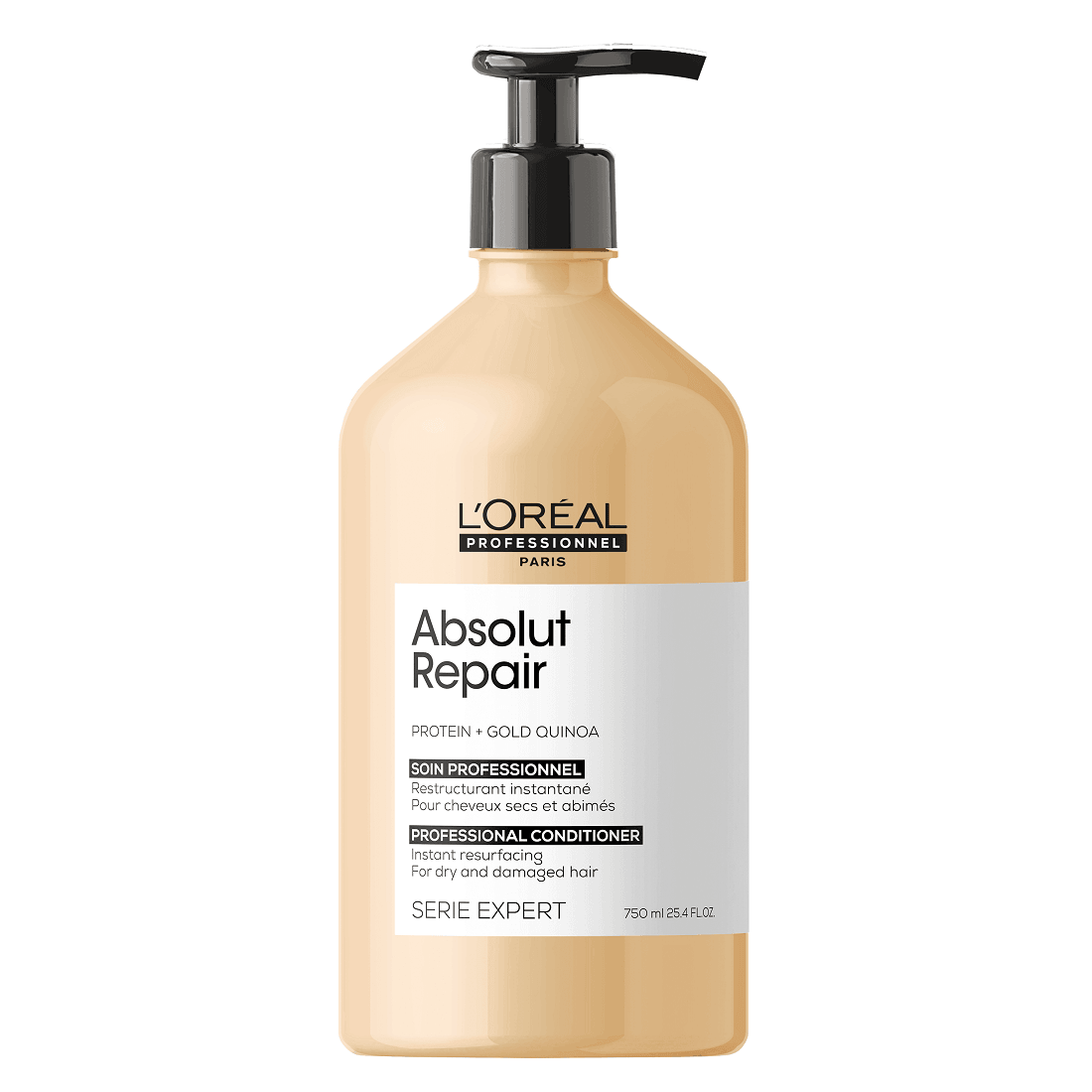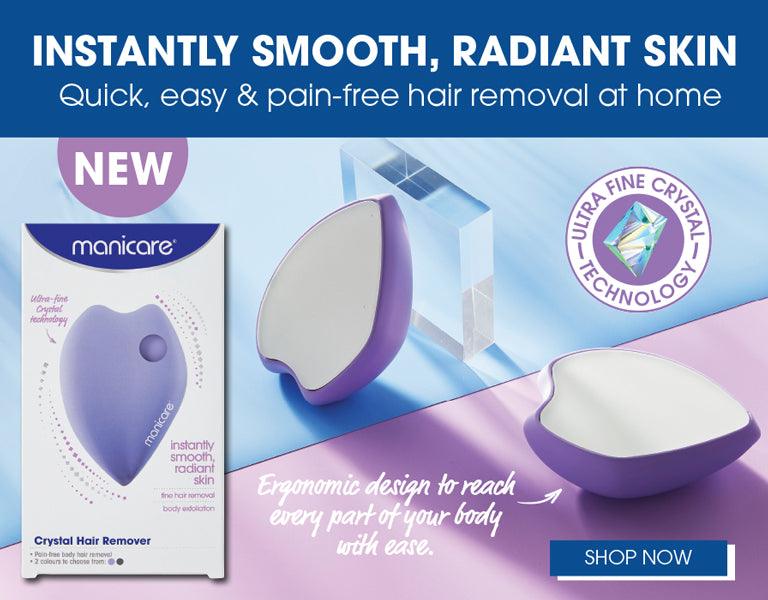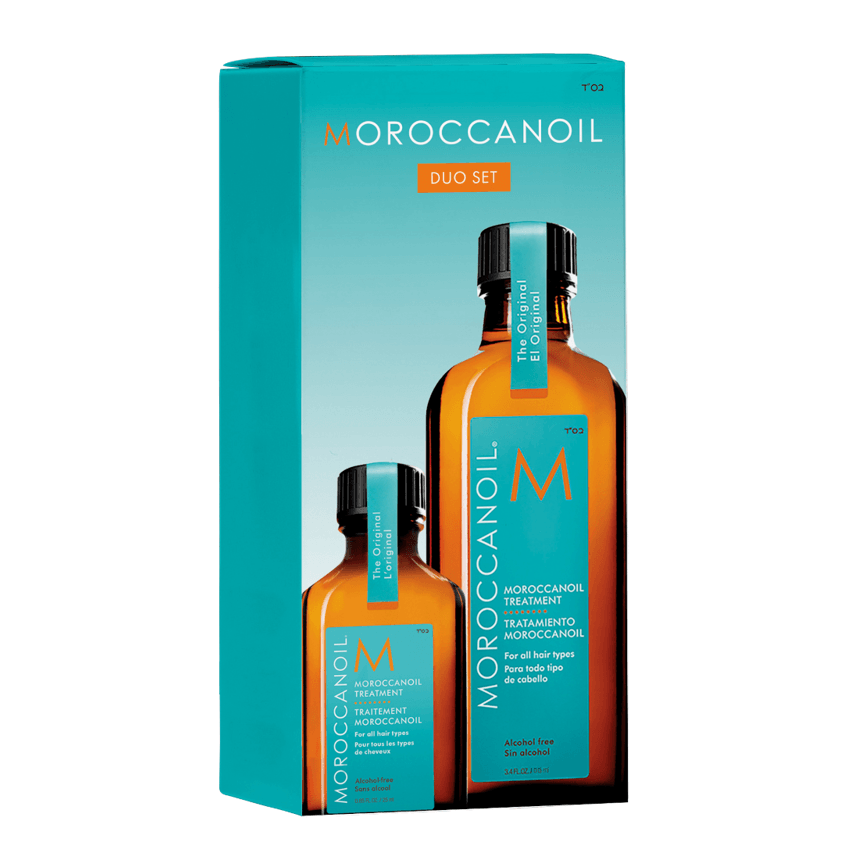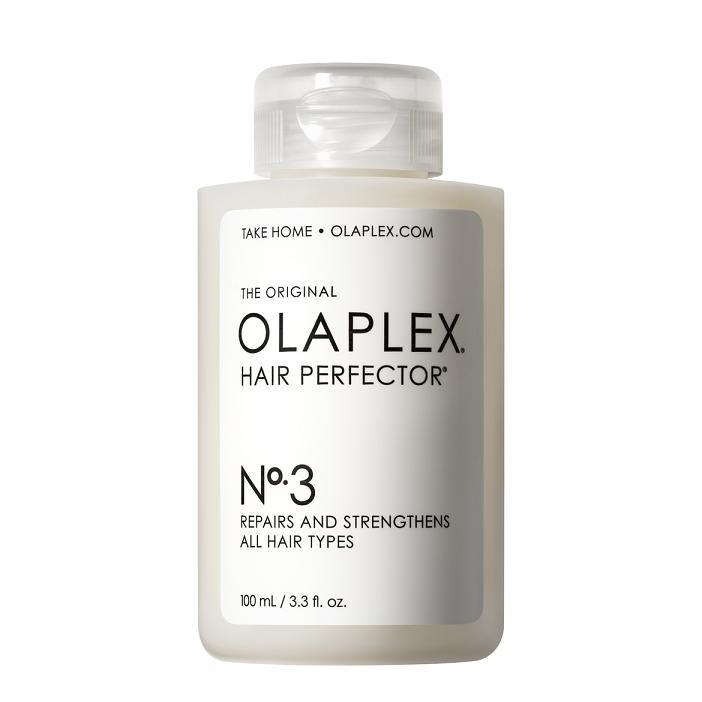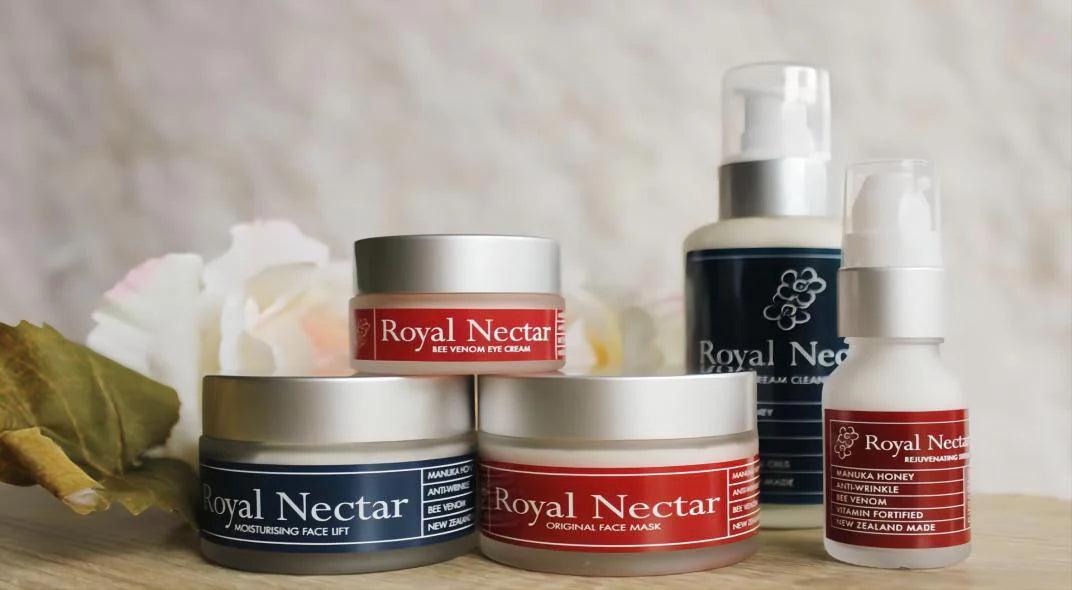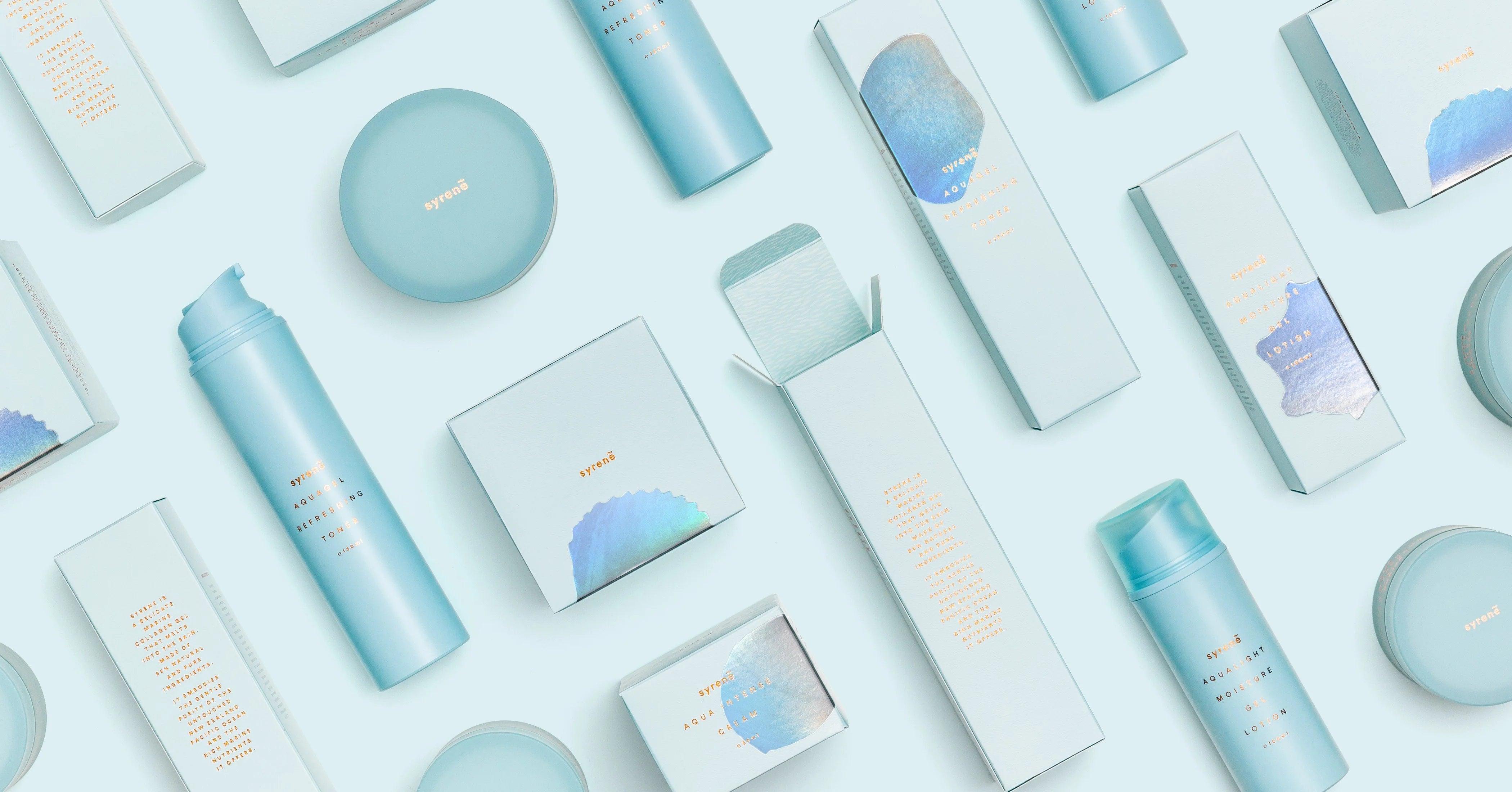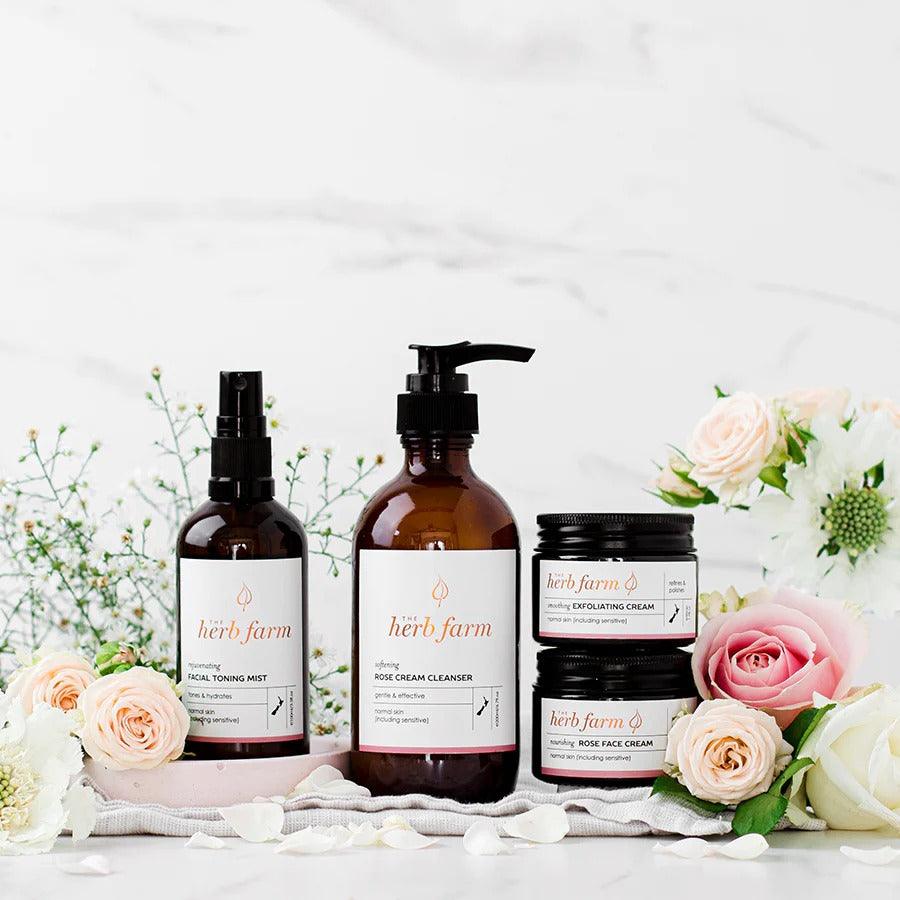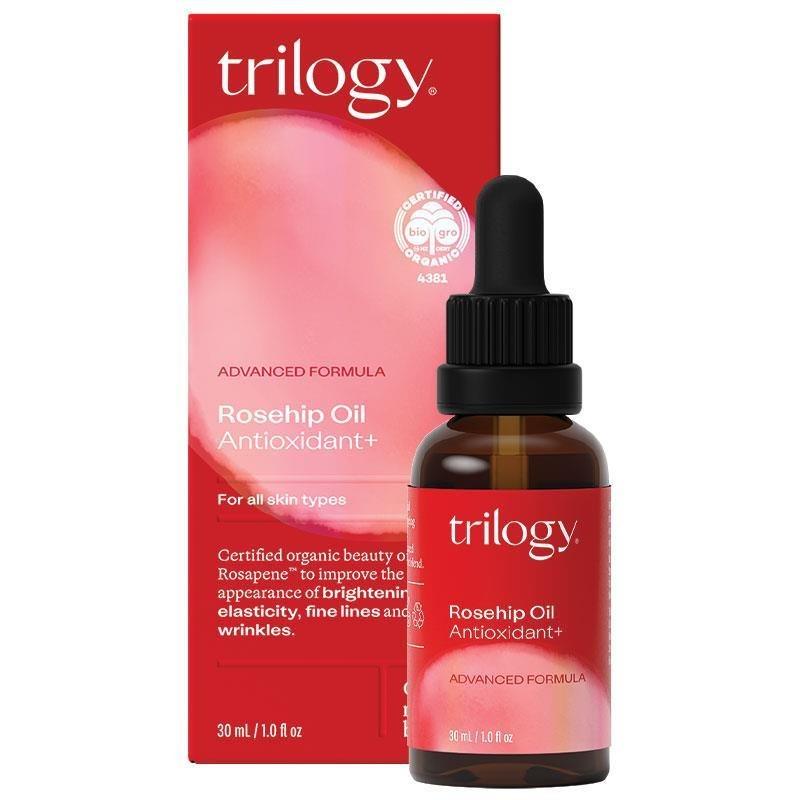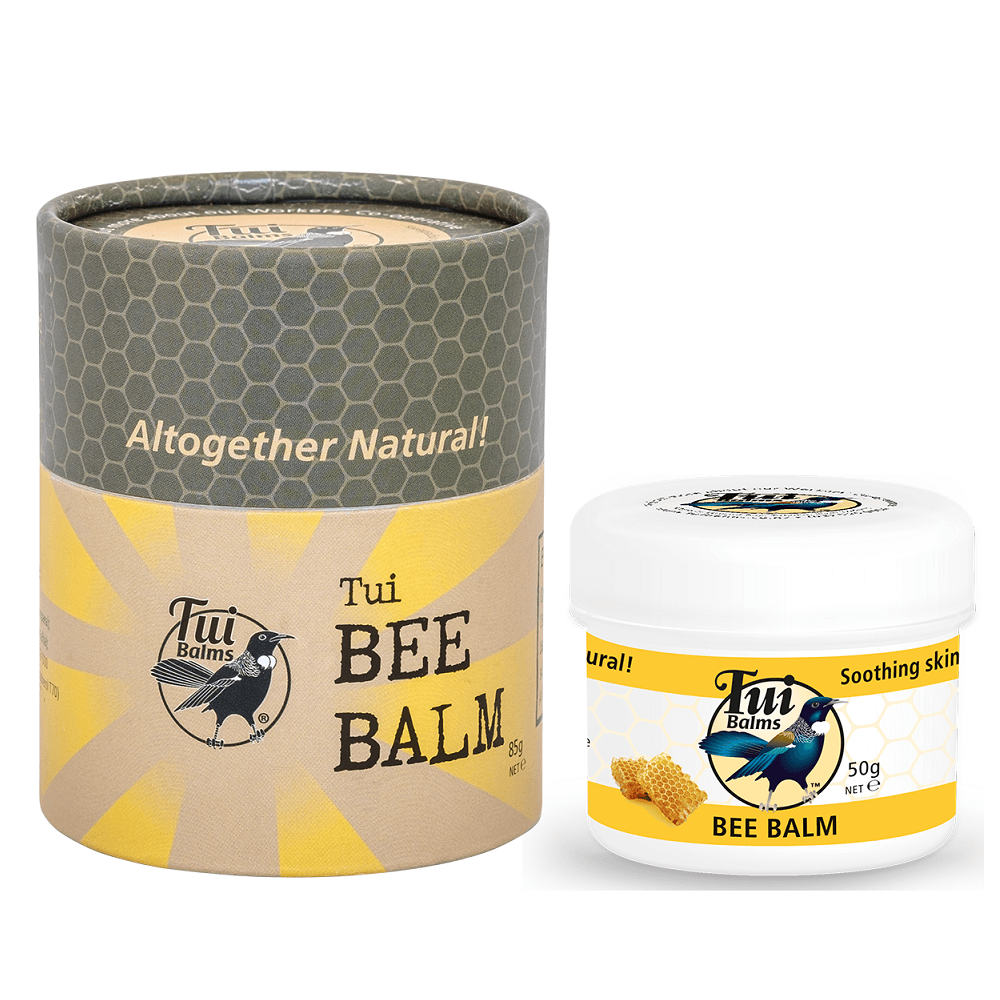Dietary supplements – from daily multivitamins to herbal remedies – are more popular than ever. Yet around these pills and potions swirl countless myths and half-truths. Can popping a few tablets replace eating veggies? Are all supplements created equal?
Here we’ll tackle common misconceptions about supplements and shed light on the real benefits of quality products. In the process, we’ll highlight examples from Go Healthy, New Zealand’s leading supplement brand, to show how choosing the right products can make a difference. Get ready for a friendly, myth-busting tour that will leave you informed and empowered on your wellness journey!
Before we dive in, remember: supplements “supplement” a healthy lifestyle – not replace it. Always consult your healthcare provider if you have specific health conditions or are on medication.
Myth 1: All Supplements Are the Same
Many people assume that a vitamin is a vitamin, no matter where you buy it. Myth! In reality, supplement quality varies widely. Because regulations for supplements are less stringent than for medicines, there have been cases of products that don’t contain what the label claims or that harbor unwanted contaminants.
For example, studies have found that some herbal supplements didn’t even have the labelled plant, and some contained heavy metals or fillers. In other words, not all supplements are created equal.
Fact: Quality and trust matter. Choosing reputable brands and products that undergo strict quality control is key to getting a safe, effective supplement. A respected brand will ensure what’s on the label is actually in the bottle – and nothing else.
Go Healthy, for instance, is known for its high manufacturing standards and is New Zealand’s #1 supplement brand. When you opt for a quality product, you’re more likely to get supplements that are free of contaminants and contain the promised active ingredients in the right doses. Don’t gamble on unknown bargain pills. Your health is worth more than a cut-rate capsule.
Myth 2: Supplements Can Replace a Healthy Diet
Why bother eating broccoli when you can just take a multivitamin? This myth has tempted many, but it’s dangerous thinking. No pill can replicate the complex nutrition and benefits of real, whole foods. Supplements are called supplements for a reason.
They are meant to add to your diet, not act as meal replacements. Loading up on pills while neglecting fruits, veggies, and protein will leave your body missing out on fiber, phytonutrients, and the balanced combination of nutrients that whole foods provide.
In fact, health authorities emphasize that a well-rounded diet is the foundation, and supplements can fill specific gaps. You can’t eat junk food all day and expect a handful of vitamins to magically cancel it out.
Think of supplements as the supporting cast, not the star of the show. A capsule of vitamin C might shore up your immune system, but it can’t give you the hydration and fiber an orange would. Protein powder can help build muscle, but it doesn’t come with the beneficial plant compounds you’d get from eating a variety of foods.
Myth 3: “If You Eat Well, You Don’t Need Supplements”
On the flip side, some insist that if you maintain a perfect diet, supplements are completely unnecessary. That's another myth. It’s true that most of your nutrients should come from food.
But even with a balanced New Zealand diet, there are situations where supplements provide a helpful boost. Modern lifestyles, environmental factors, or life stages can create nutritional gaps even in well-planned diets:
Limited Sunlight: In areas or seasons with little sun (think winter in New Zealand), it’s tough to get enough vitamin D from food alone. Vitamin D supplements are commonly recommended to maintain healthy levels.
Pregnancy: Growing a baby dramatically increases the need for certain nutrients like folic acid and iron. Health guidelines worldwide urge pregnant women to take folic acid to prevent birth defects, because even a great diet might not supply enough.
Vegetarian/Vegan Diets: Cutting out food groups can leave nutritional holes. For example, vegans may need extra vitamin B12, iron, or omega-3s. A B12 supplement is a must for most strict vegans to avoid deficiency.
Medical Conditions or Medications: Certain conditions affect nutrient absorption like celiac or inflammatory bowel disease, and some medications deplete nutrients. For instance, long-term use of some acid reflux medications can reduce B12 absorption. In such cases, targeted supplementation can be vital to stay healthy.
Aging: As we age, our ability to absorb or make certain nutrients changes. Older adults might struggle to absorb B12 or vitamin D and can benefit from supplements to maintain bone and muscle strength, among other things.
Even the health nut who eats kale and quinoa daily might have nutritional blind spots. Supplements act as an insurance policy to cover those bases. Rather than dismissing supplements entirely, consider your personal needs.
For example, a Kiwi eating plenty of fresh produce might not need a multivitamin, but could still benefit from extra vitamin D in winter or a probiotic after a course of antibiotics. Listen to your body and your doctor and not the myth that “food only” is always enough.
Myth 4: More Is Always Better
“If a little is good, a lot must be great!” When it comes to supplements, this assumption can lead to trouble. Taking mega-doses of vitamins or herbs under the false belief that more = better is a myth that can actually harm your health. Your body has recommended dietary needs for each nutrient, and doses above that don’t necessarily give extra benefit. In fact, excessive intake of certain nutrients can have detrimental effects.
Consider this: Your body can only absorb so much of a nutrient at a time. Above a certain threshold, you’ll either store the excess or just excrete it. For example, vitamin C is water-soluble. If you take more than you need, you’ll just pee out the surplus.
But vitamin A is fat-soluble, and overshooting it regularly can lead to toxicity – causing symptoms like headaches, dizziness, or even liver damage in severe cases. Too much vitamin D or calcium can trigger kidney stones or heart problems. And excess iron can accumulate and damage organs. The list goes on.
Trust the recommended dosages on labels or per your healthcare provider. These guidelines exist for a reason: to give you the sweet spot where benefits are maximized and risks minimized. Remember, your body is not a bottomless pit or a high-speed assembly line. It has limits to what it can process at once. Sometimes, taking more than directed is not just wasteful but can backfire.
Myth 5: “Natural” Means Safe
It’s easy to assume that because a supplement is labeled “natural” or derived from herbs, it can’t possibly cause harm. Unfortunately, that’s a myth we need to put to rest. Arsenic and poison ivy are 100% natural too – and you wouldn’t want to ingest those! While quality supplements are generally safe when used correctly, “natural” does not automatically equal “harmless.”
Many supplements can have side effects, especially if misused or taken in very large amounts. For instance, excess magnesium can cause diarrhea or stomach upset. High doses of fish oil might thin your blood and cause easy bruising. Herbal remedies can also pack a punch. Kava can stress the liver, and even something as common as garlic pills can thin blood and cause bleeding issues for some people.
Allergic reactions are another consideration. Being plant-based, herbals contain compounds that some individuals might be allergic to. And if you have underlying health conditions, what’s “safe” for others might not be safe for you. For example, those with kidney disease have to be cautious with mineral supplements like potassium or magnesium.
So, treat supplements with the same care you would any health product. Read labels, stick to recommended doses, and monitor how you feel. If something makes you nauseous or jittery, that’s a sign to scale back or stop. Natural supplements can enrich your health, but they still need to be used wisely.
Myth 6: Supplements Don’t Interact with Medications
A common misconception is that because supplements are “just vitamins” or “just herbs,” you can mix them with any medications without worry. This is a myth that can have serious consequences. Supplements can interact with prescription or over-the-counter drugs, sometimes in surprising ways.
For example, St. John’s Wort, a popular herbal for mood, is notorious for reducing the effectiveness of many medications. It revs up your liver’s enzymes and can make birth control pills, antidepressants, or even transplant medications less effective.
Another one: Ginkgo biloba, often taken for memory, can increase bleeding risk if you’re on blood thinners. Calcium supplements can interfere with the absorption of certain thyroid medications or antibiotics.
Iron pills don’t mix well with some antibiotics either. And even vitamins can interact: Vitamin K can reduce the effectiveness of the blood thinner warfarin, which is why patients on warfarin have to keep their vitamin K intake consistent.
What about combining multiple supplements? That can be an issue too. Taking multiple products that each contain, say, vitamin B6 could add up to an excessive dose when combined. Or high-dose zinc supplements, if taken with copper, can inhibit copper absorption (and vice versa) – so balance is important.
Myth 7: Supplements Work the Same for Everyone
Walk into a store and you might see a friend grabbing the trendiest supplement du jour, claiming it changed their life. But just because something worked wonders for your gym buddy or your Aunt Mabel doesn’t mean it’s exactly what you need. The idea that everyone should take the same supplements or that they’ll have identical effects is a myth.
Age, sex, activity level, and health status all influence what nutrients you might need more of. For example, pre-menopausal women often need more iron than men due to iron lost in menstruation. Meanwhile, men typically need more zinc. An endurance runner might burn through magnesium or require extra protein, whereas someone mostly sedentary might not.
You should tailor your supplement regimen to your needs, ideally with professional guidance. Rather than copying what a celebrity or friend does, consider getting a blood test to see if you’re low in any vitamins. Look at your diet and identify gaps.
Now that we’ve debunked a heap of myths, let’s look at some facts. Real benefits of quality supplements featuring a few Go Healthy products as examples of how science and smart formulations can help in specific areas of wellness.
Fact: Magnesium Can Improve Sleep Quality

Struggling to fall asleep or stay asleep? Go Healthy’s Go Magnesium Sleep might be the natural solution your body’s craving.
Magnesium is known as the “relaxation mineral” for a reason—it helps calm the nervous system, ease muscle tension, and support the natural sleep cycle. Many people unknowingly run low on magnesium, which can lead to restless nights, leg cramps, and racing thoughts. Supplementing with highly absorbable forms like marine magnesium and magnesium amino acid chelate—as found in Go Magnesium Sleep—can help improve sleep depth and duration.
But Go Healthy goes further. This formula blends magnesium with natural calming herbs like tart cherry (a source of melatonin), passionflower, Zizyphus, and 5-HTP—all chosen to quiet the mind and support the production of serotonin and GABA, key players in restful sleep.
The result? A non-drowsy, non-habit-forming supplement that helps you relax into sleep and wake up refreshed. If you’re looking for a gentle, science-backed way to improve sleep quality, Go Magnesium Sleep is a smart place to start.
Fact: Probiotics Support Gut Health and Immunity

Support your gut and it’ll support you. Go Healthy’s Go Probiotic 40 Billion delivers 40 billion CFUs of five clinically researched strains, helping restore digestive balance, boost immunity, and improve overall well-being.
A healthy gut microbiome isn’t just about digestion—it’s key to immune defense and even mood regulation. Probiotics replenish beneficial bacteria, especially after antibiotics or digestive disruptions, promoting regularity and reducing bloating. Go Probiotic 40 Billion features HOWARU® Restore, a potent multi-strain blend delivered in delayed-release capsules so the good bugs survive stomach acid and thrive where they’re needed most.
This shelf-stable formula doesn’t require refrigeration, making it perfect for everyday use or travel. Whether you're recovering from antibiotics, managing occasional gut issues, or just aiming to feel your best, Go Probiotic 40 Billion is a powerful, convenient way to support your inner health—one capsule at a time.
Fact: Ashwagandha Helps Your Body Adapt to Stress

Feeling constantly wired and worn out? You’re not alone. Go Healthy’s Go Ashwagandha 8,000+ is here to help you chill out, feel more balanced, and get your energy back—without knocking you out.
This supplement uses Shoden® Ashwagandha, a next-level extract that’s super easy for your body to absorb. It delivers the same power as 8,000 mg of traditional ashwagandha per capsule—that’s a serious dose of stress support. Ashwagandha is what’s known as an adaptogen, which basically means it helps your body handle stress better by calming down cortisol.
People who take ashwagandha often say they feel less anxious, sleep better, and can focus more easily—without the crash or fog that comes with some meds. It’s not about zoning out, it’s about feeling like yourself again.
If your brain’s always buzzing or you’re running on fumes, Go Ashwagandha 8,000+ might be just the reset you need. Natural, effective and backed by science, it’s like giving your nervous system a deep breath.
Ready to feel the difference?
We’ve cleared up common supplement myths and highlighted how nutrients like magnesium, probiotics, and ashwagandha can genuinely support your well-being. Supplements aren’t just hype. They’re helpful when used wisely and tailored to your needs.
Think about your daily routine: Are you struggling with sleep, digestion, or stress? Magnesium may help you unwind, probiotics can balance your gut, and ashwagandha might be the calm you’ve been needing.
Go Healthy offers trusted, high-quality supplements designed for real-life challenges. Whether you want better sleep, sharper focus, or stronger immunity, there’s a Go Healthy formula to support your goals.
Explore the full range now at ocare.co.nz and take your health into your own hands—naturally, effectively, and confidently.





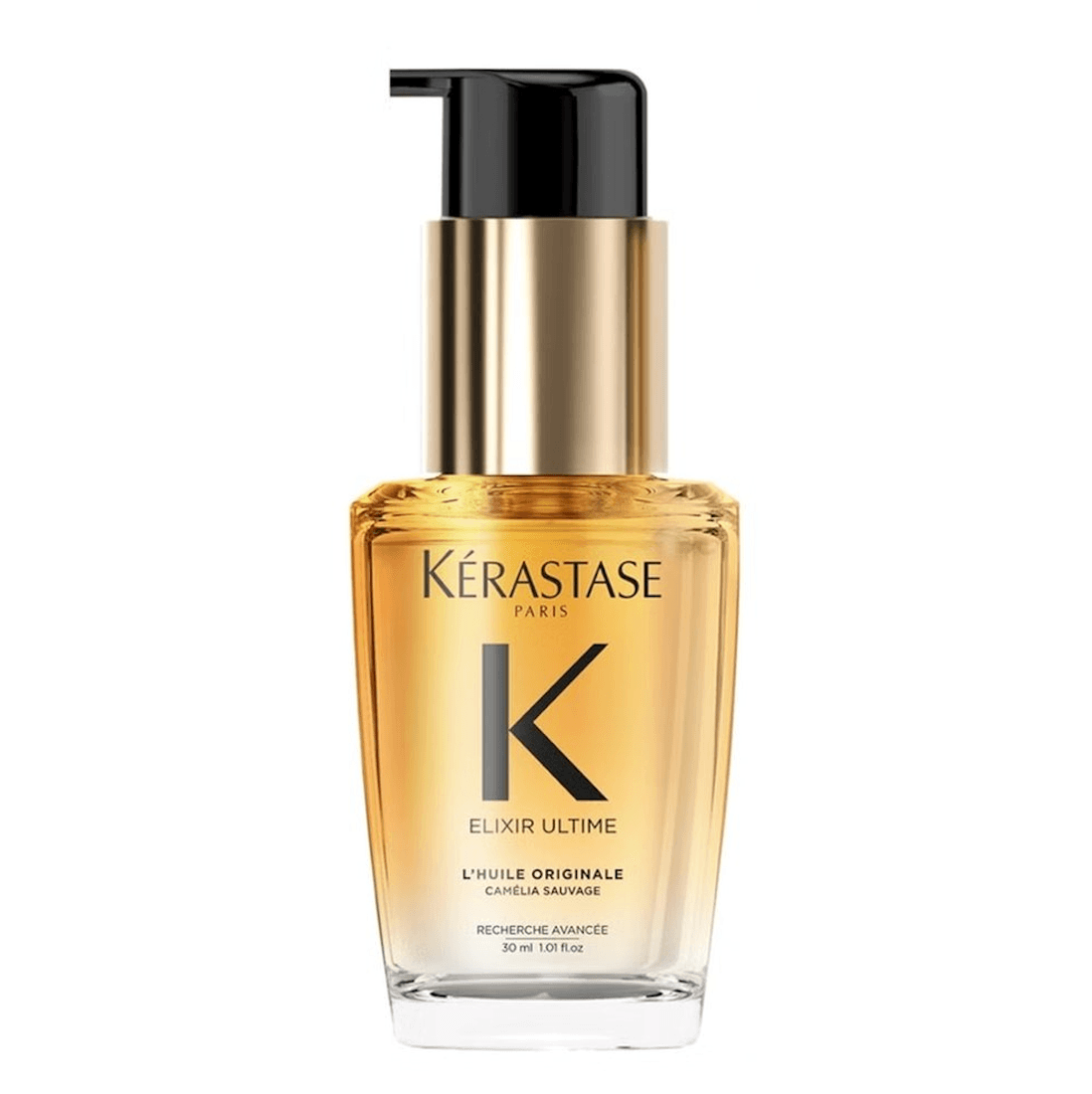
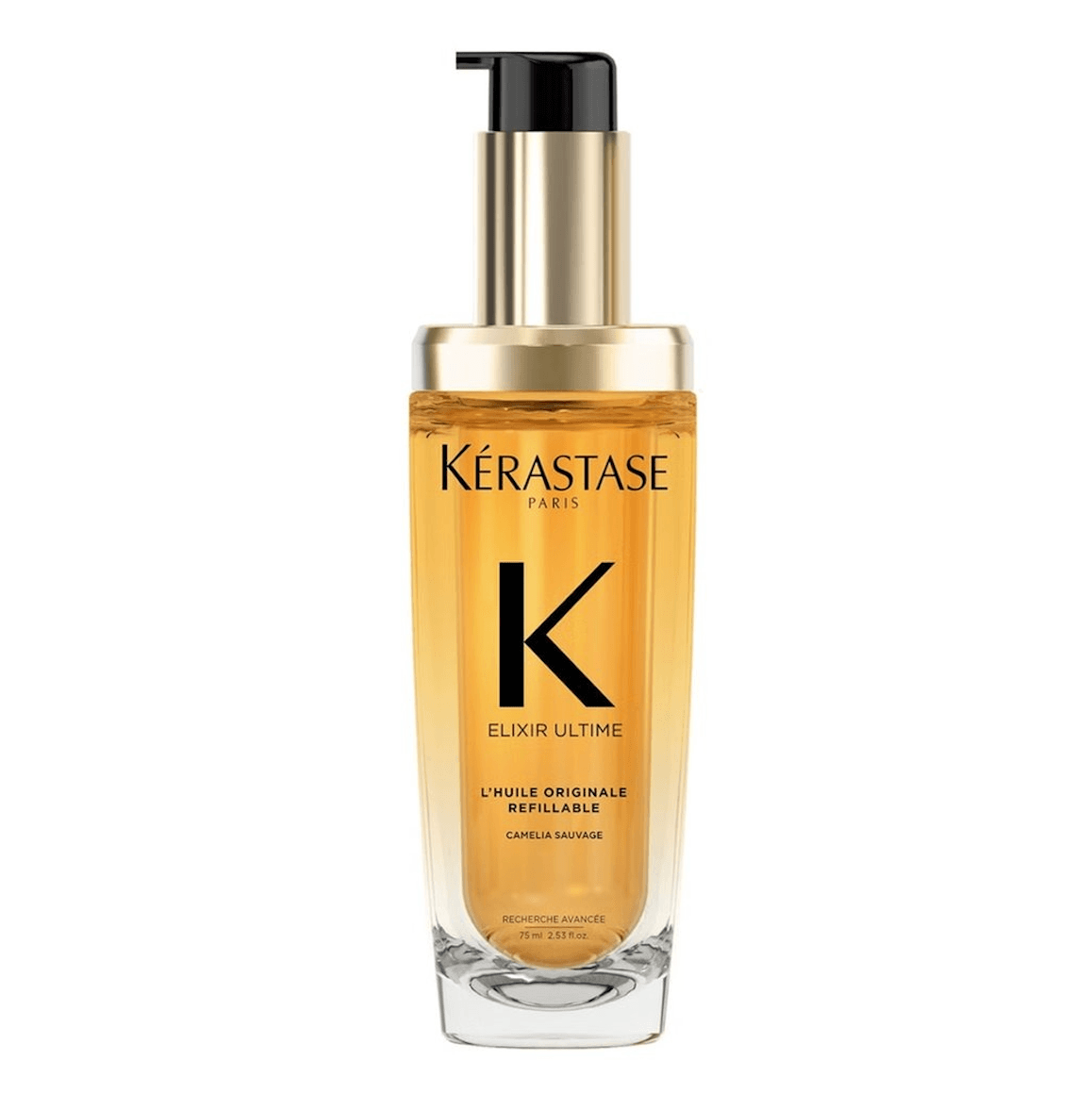
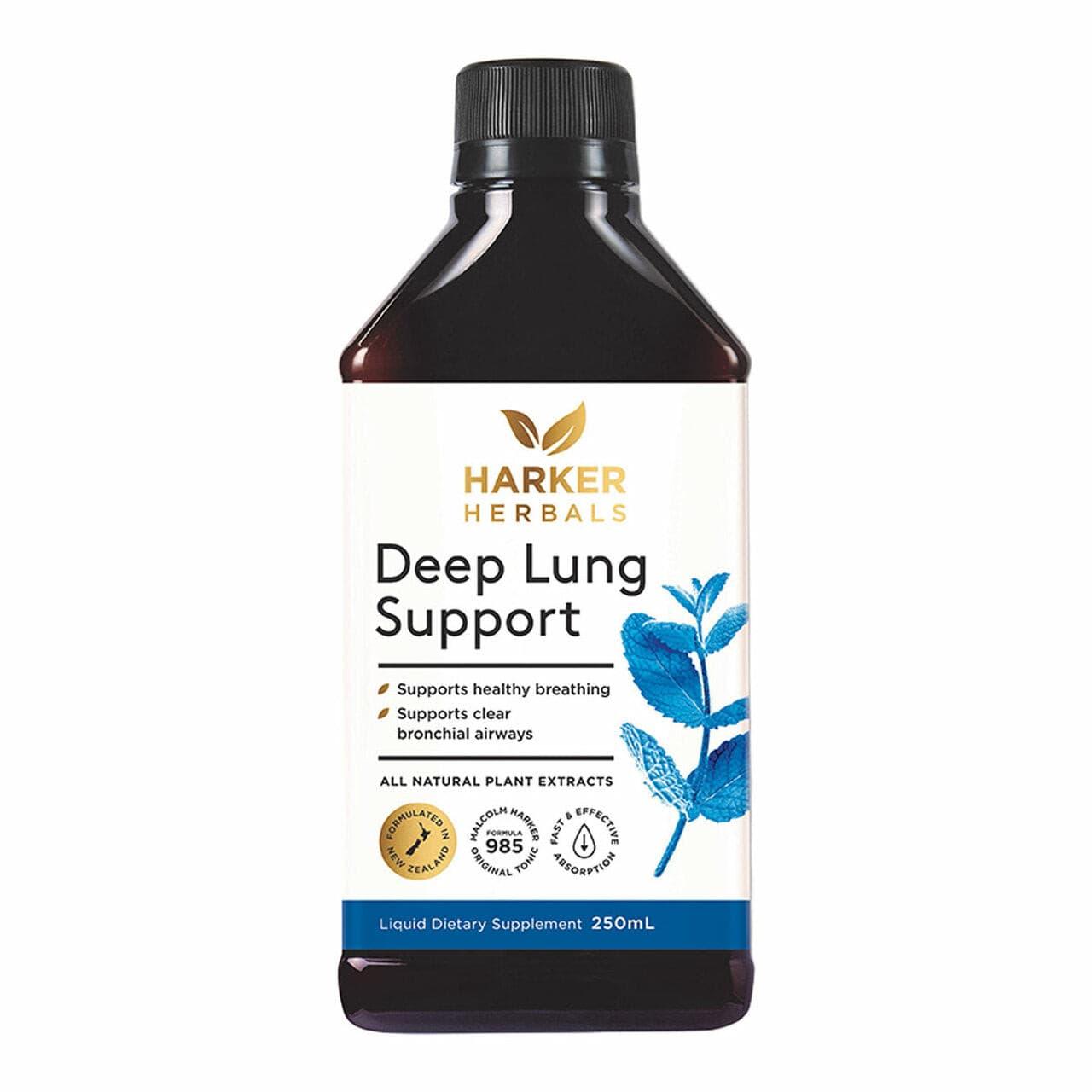
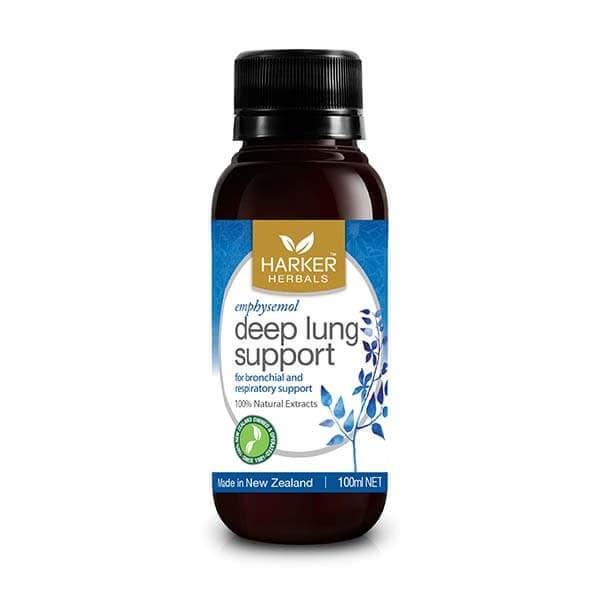









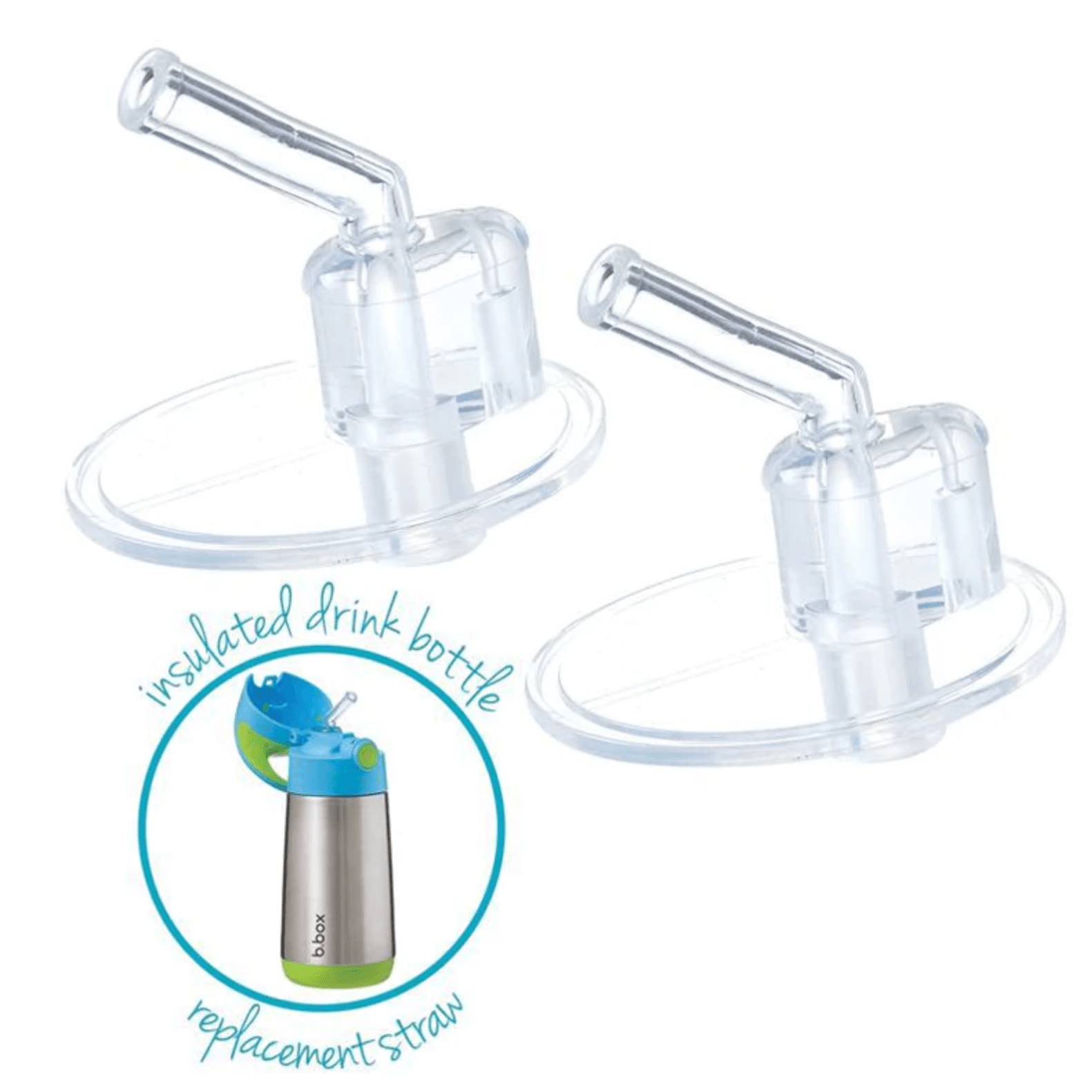

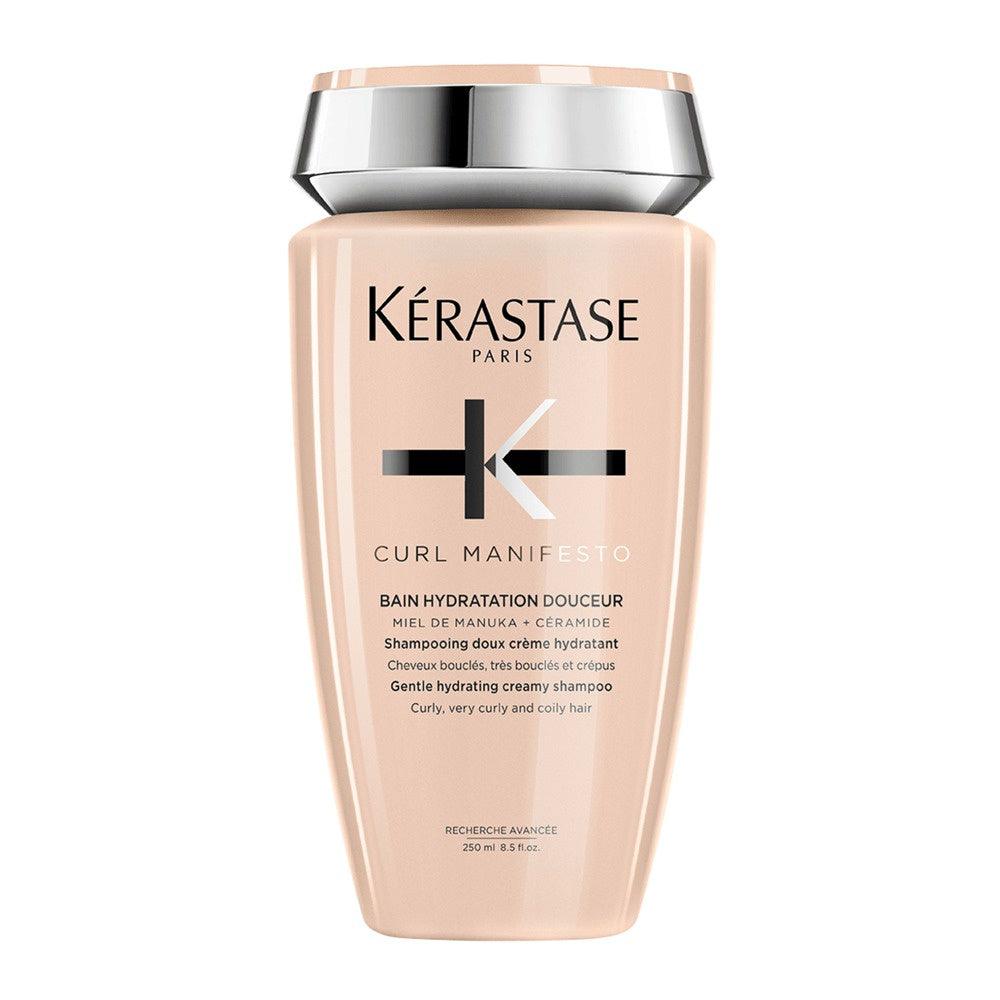
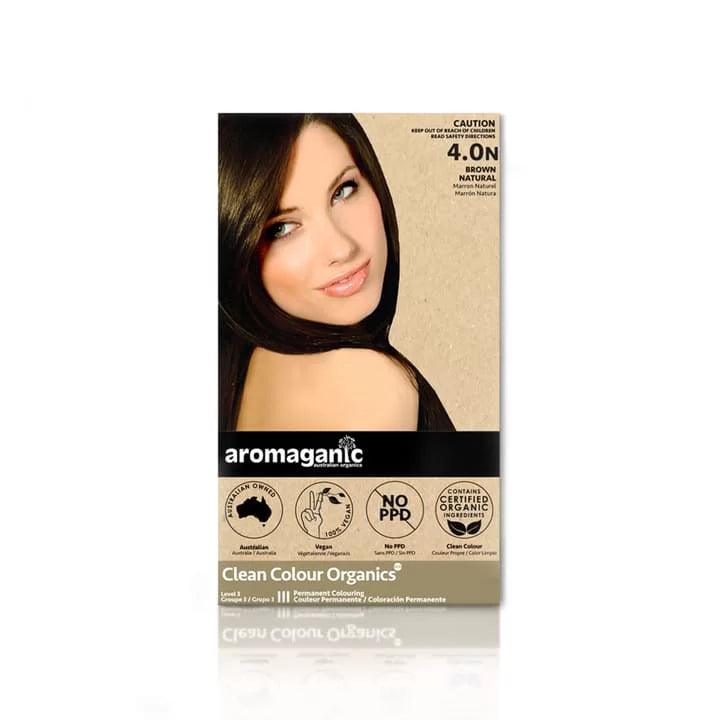
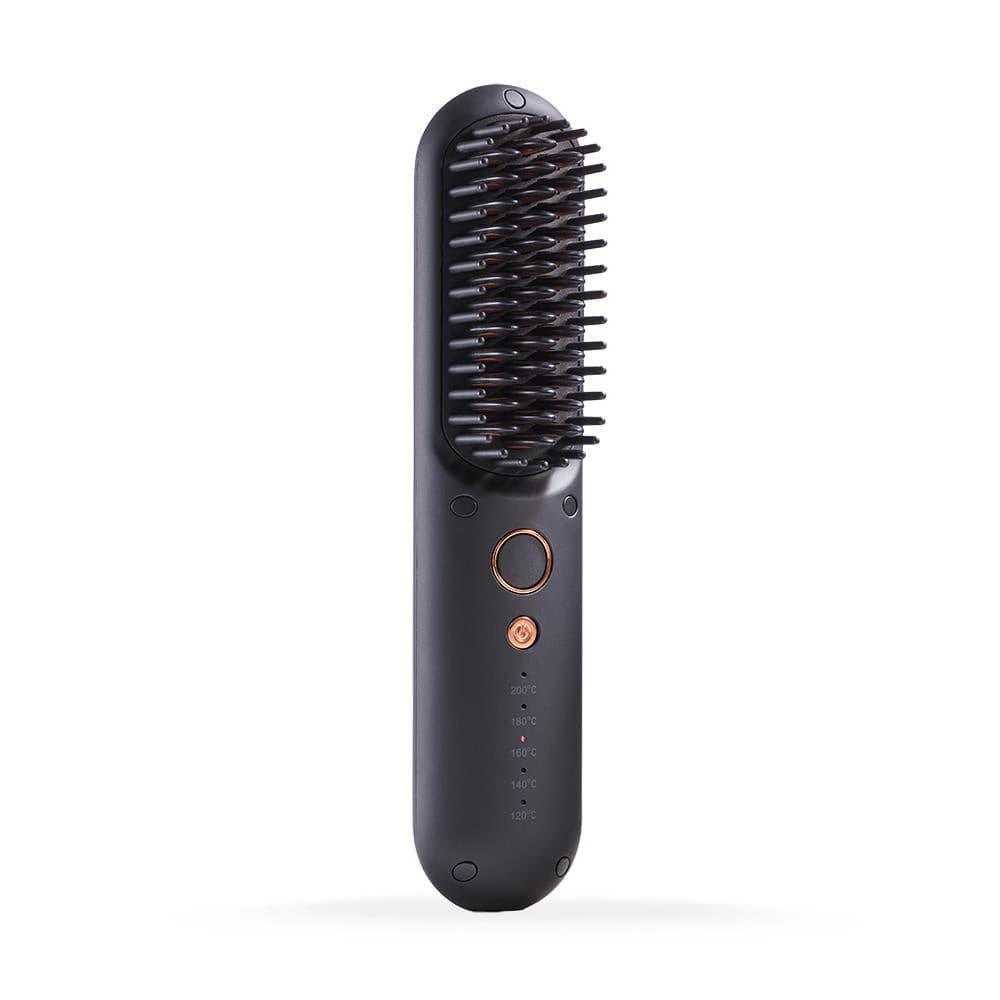

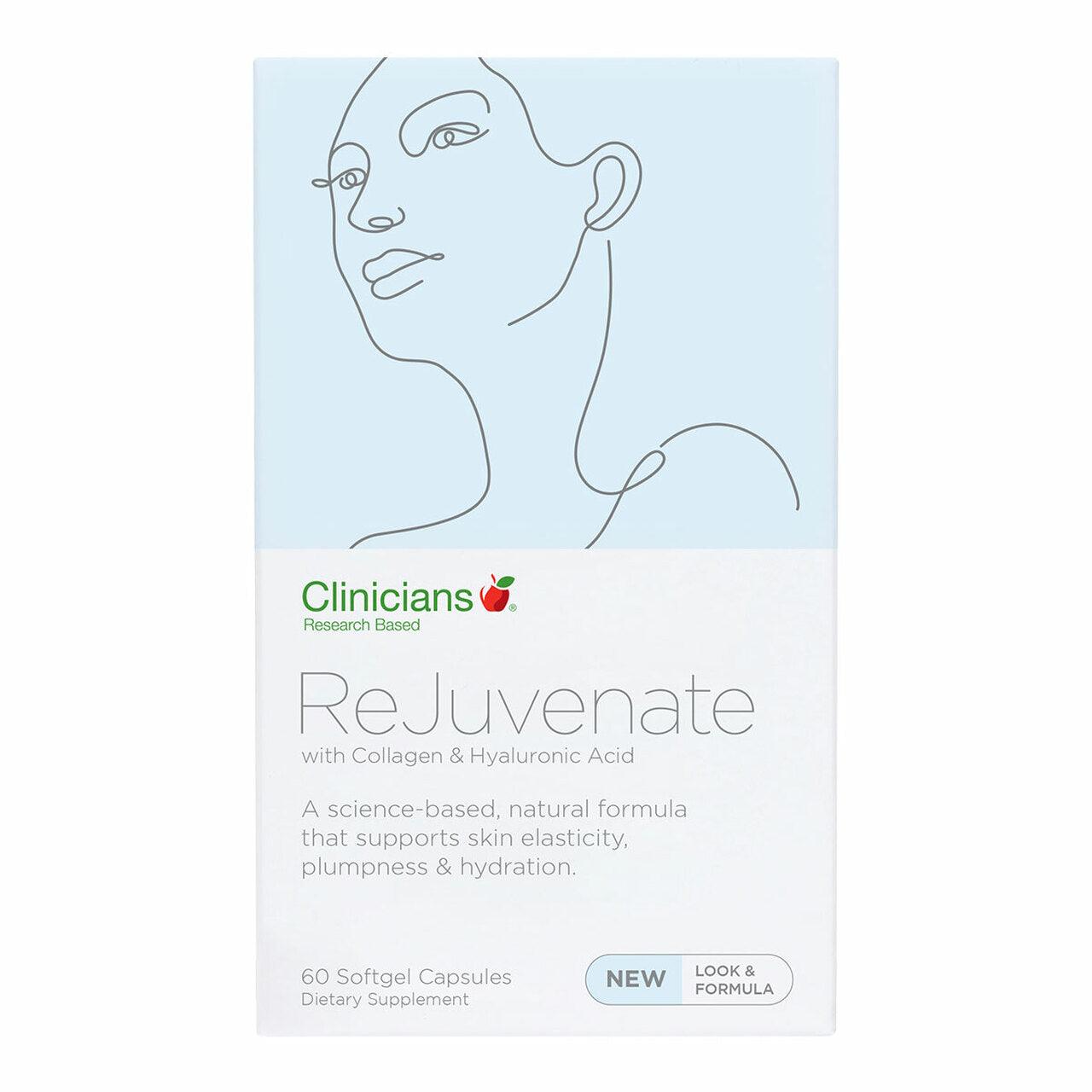
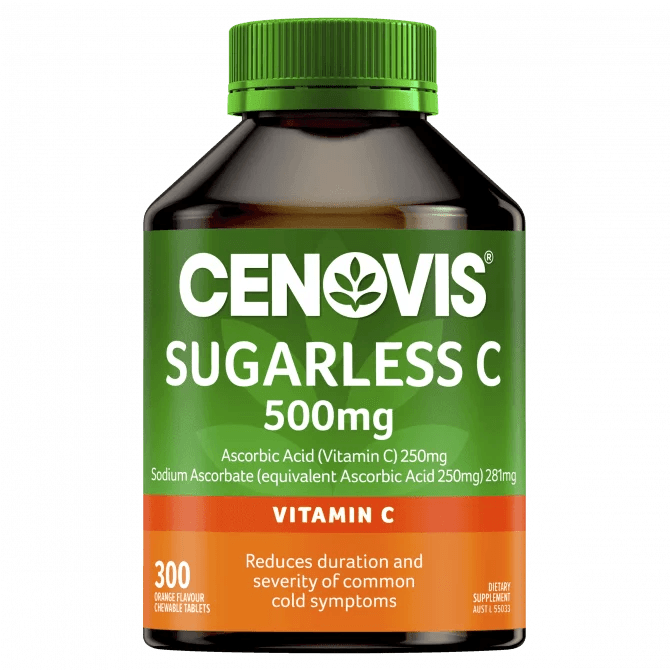
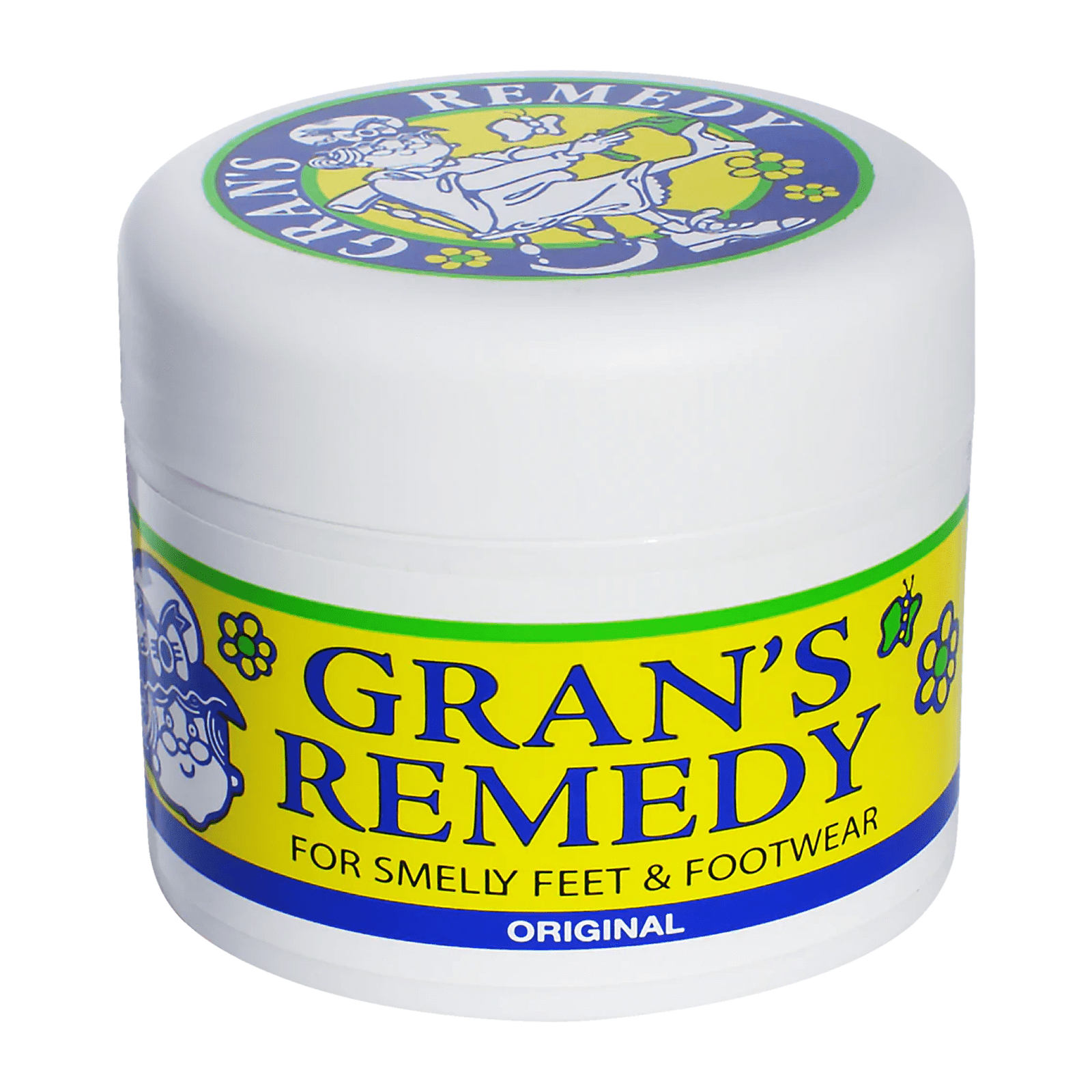
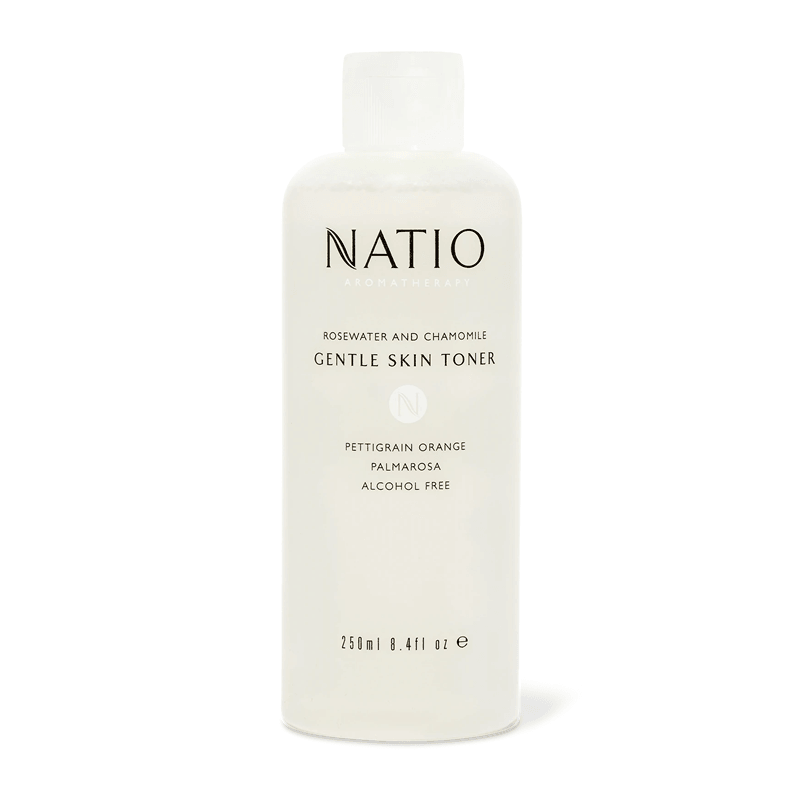
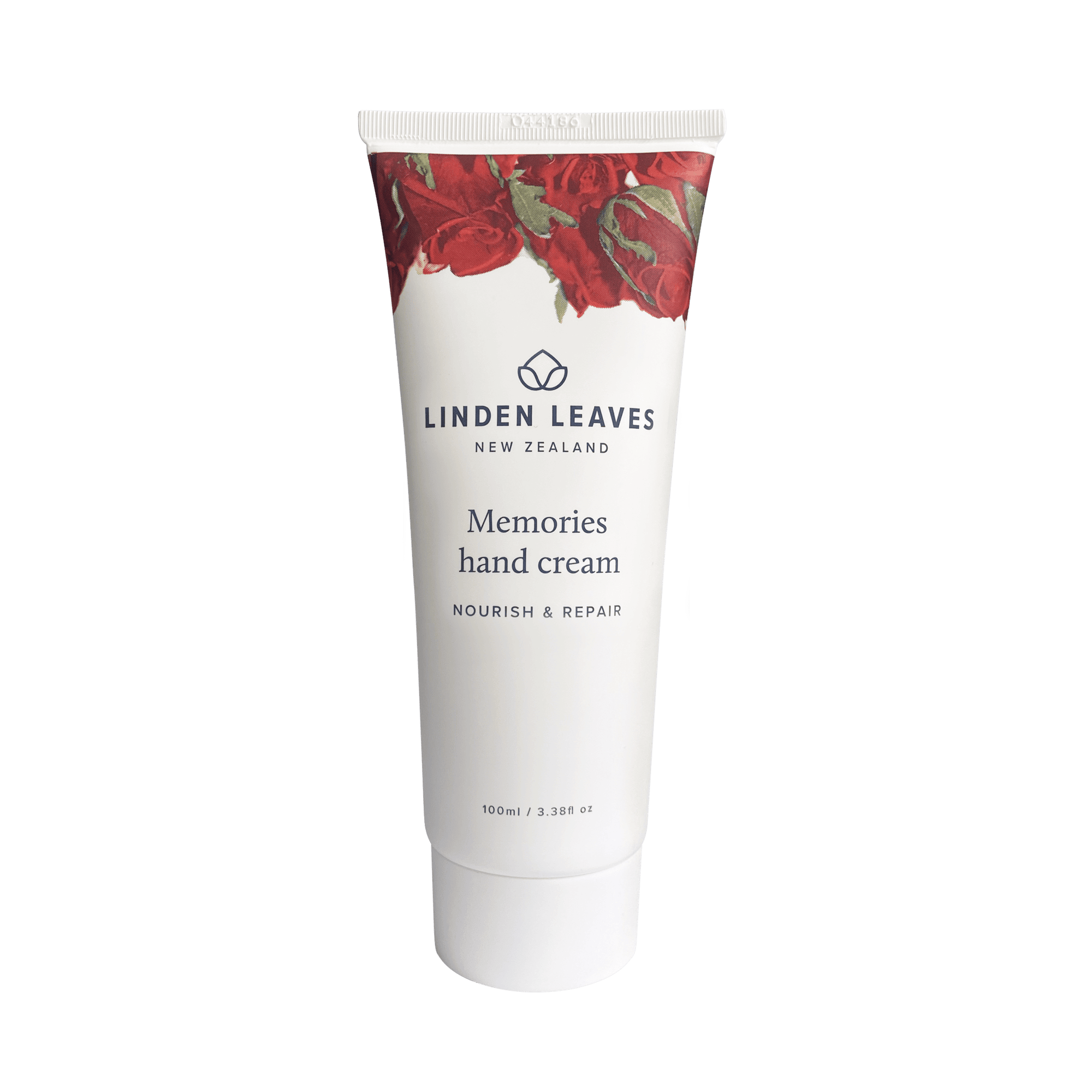
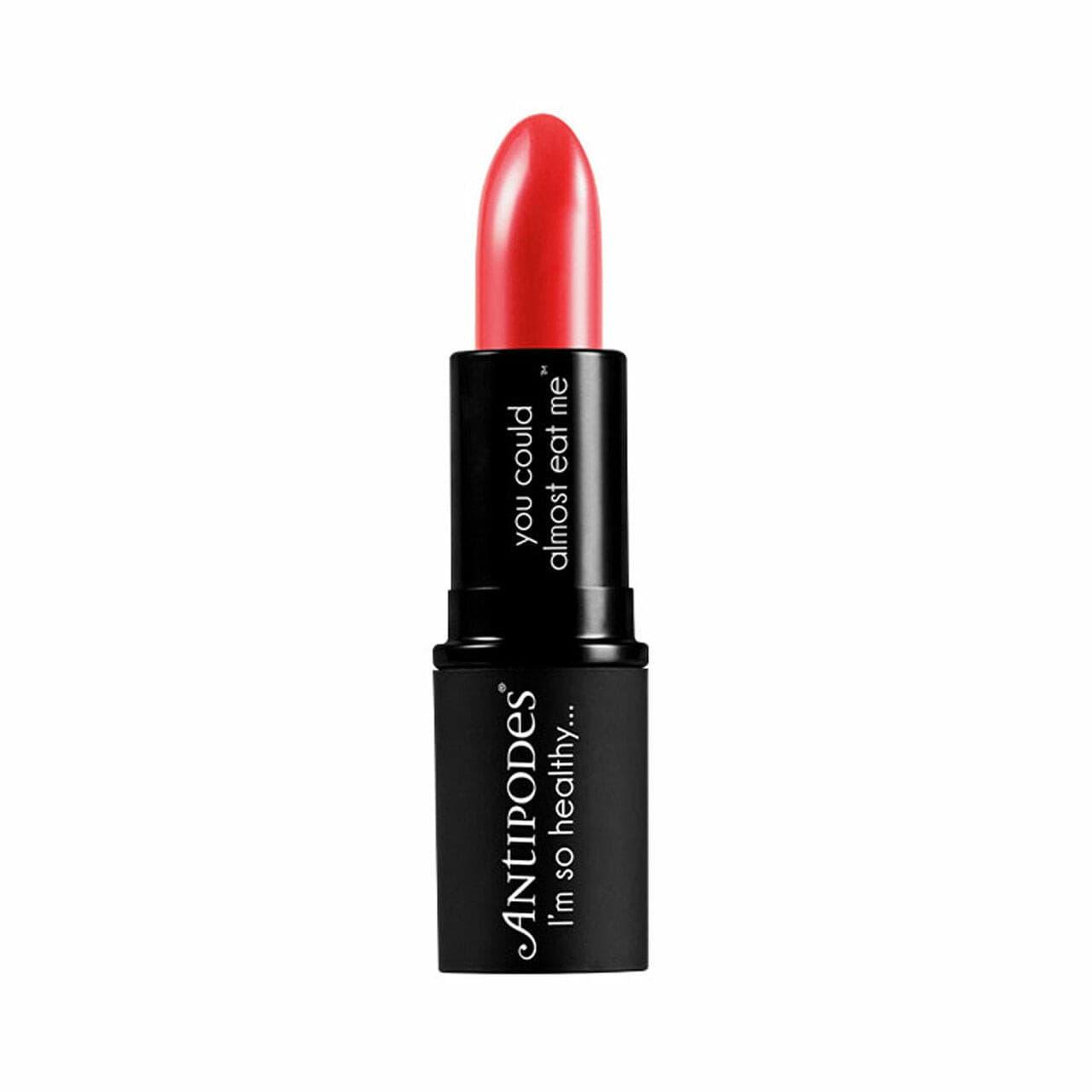
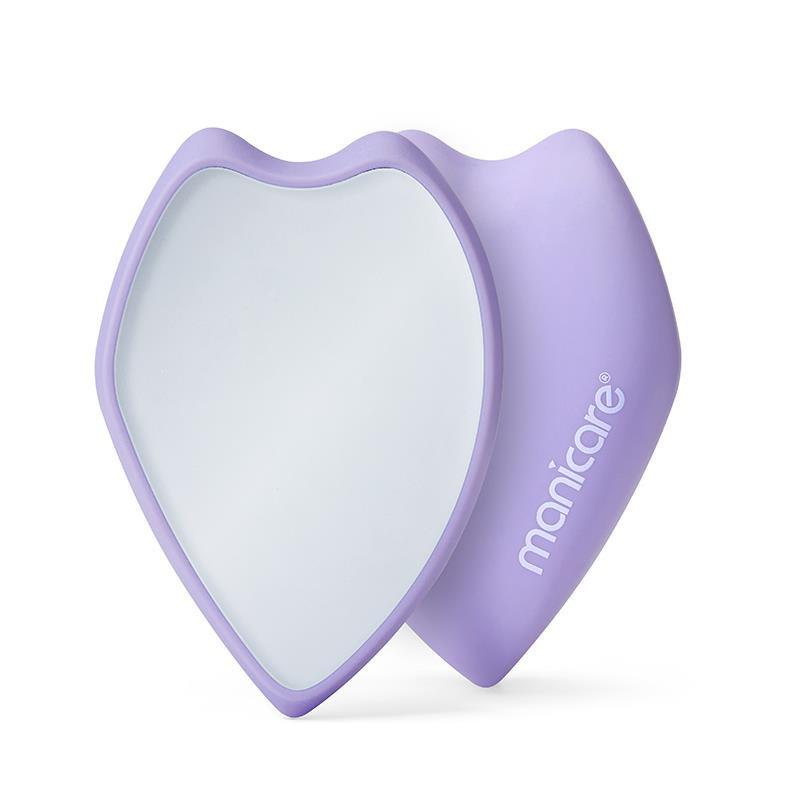

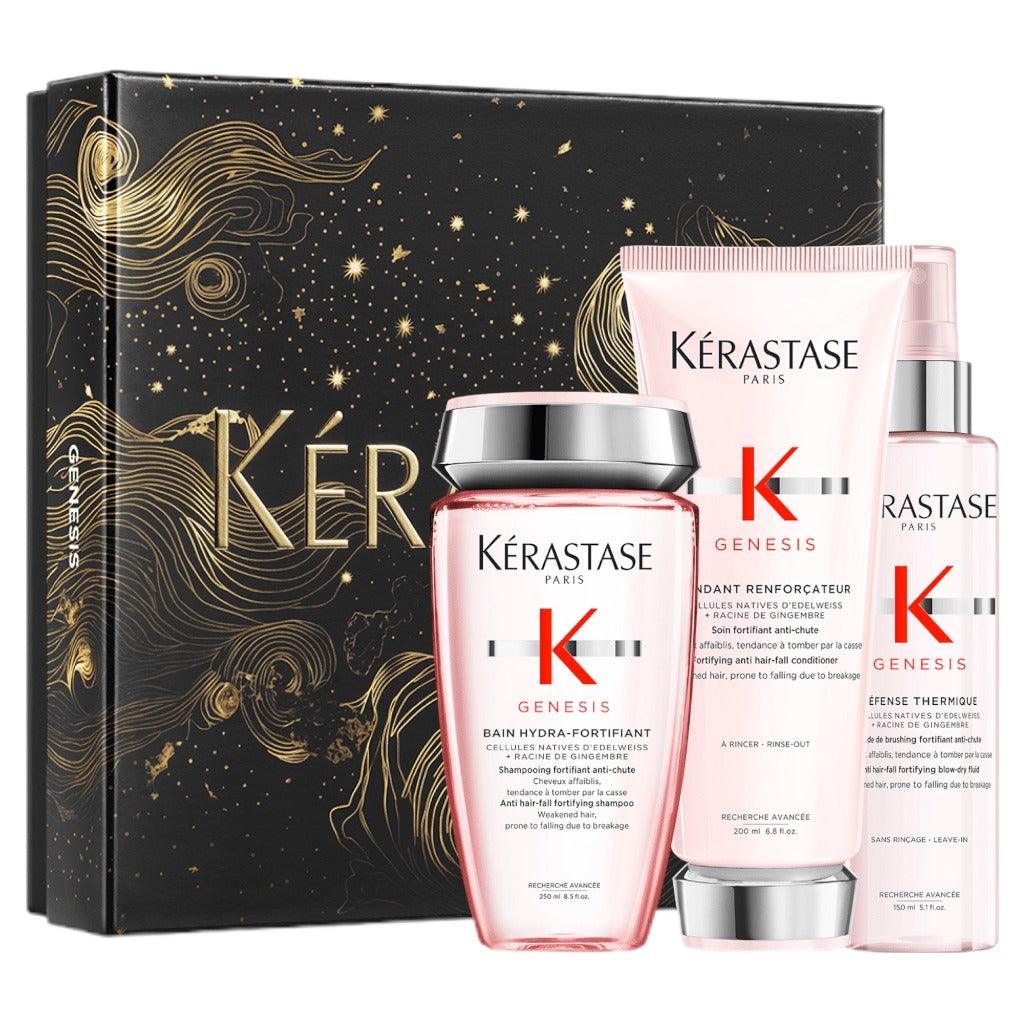
![[Clearance] Ini Berry Soap Baby Bear Gift box 26g*6, Soap Bars](http://ocare.co.nz/cdn/shop/products/3086_G.jpg?v=1744845452&width=500)

